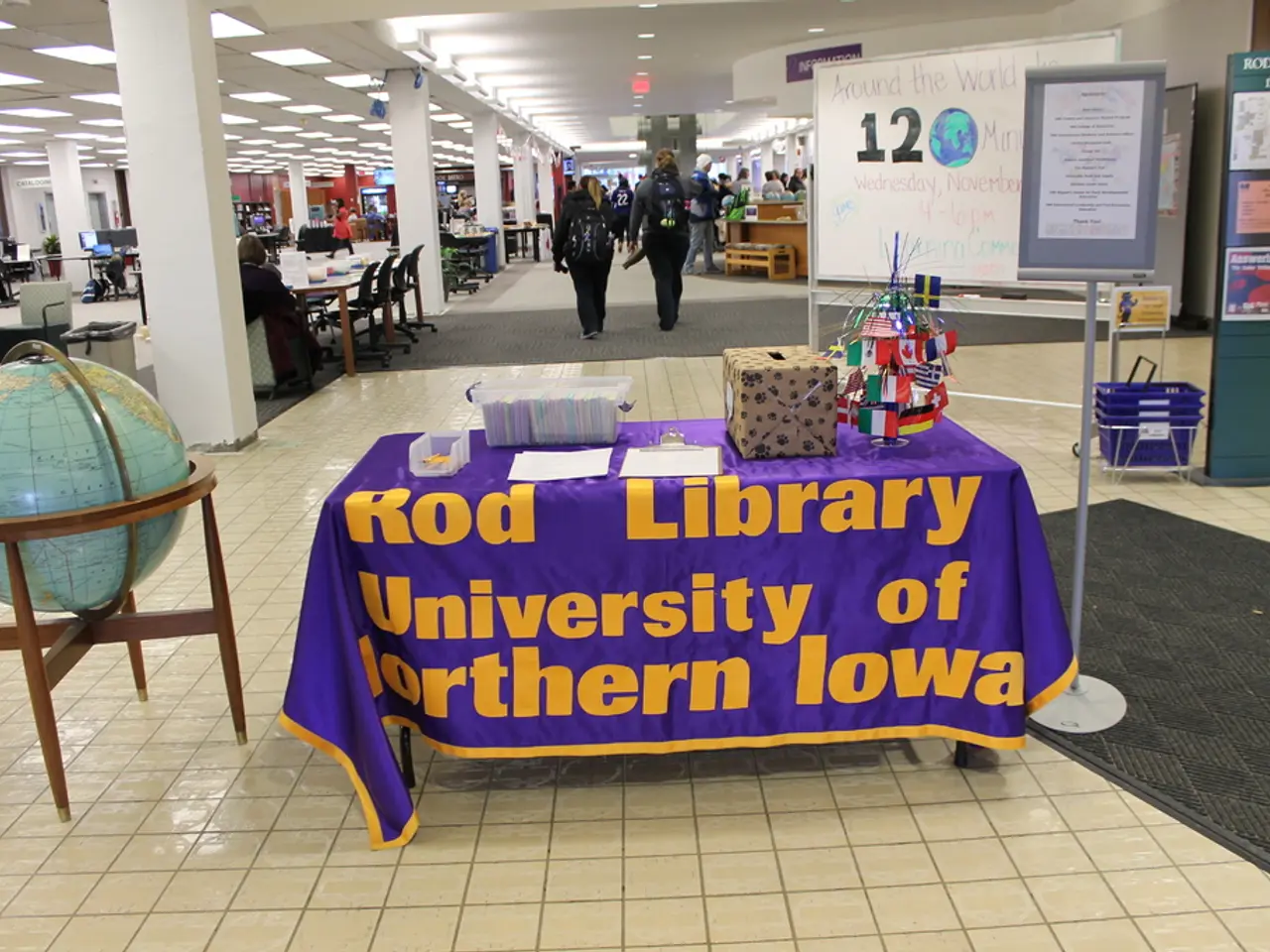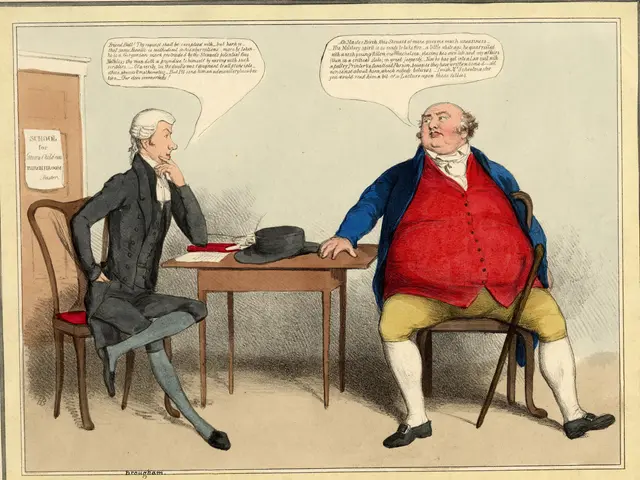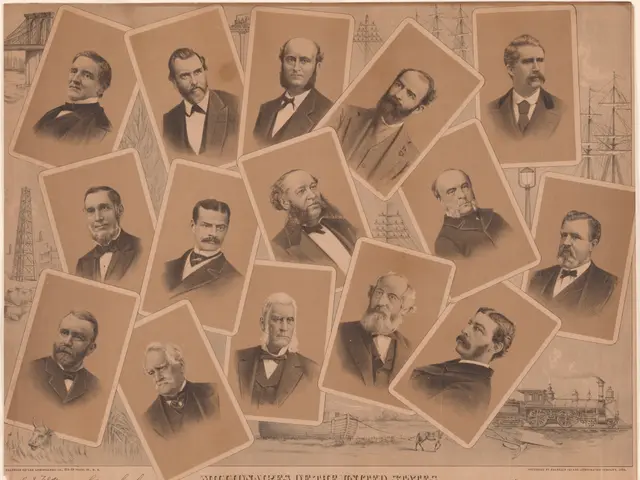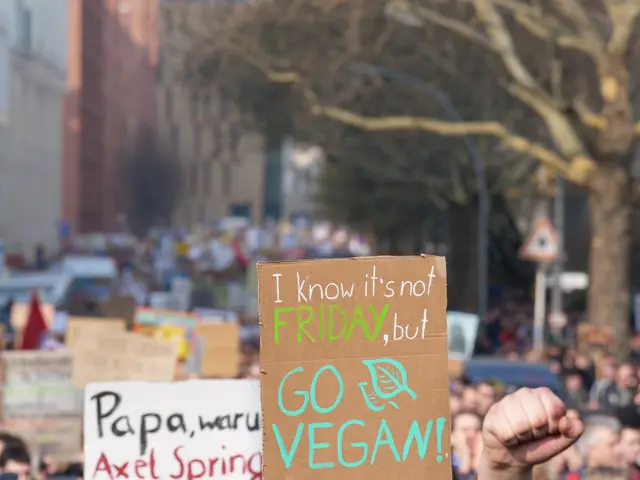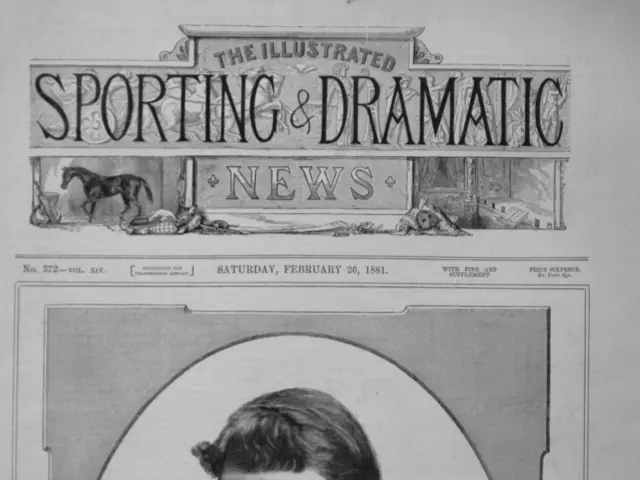Law and Practices of European Union Integration
Euregio Mobility Fund Initiative Promotes Cross-Border Dialogue on Digital Transformation
The Euregio Mobility Fund initiative recently hosted a series of seminars aimed at fostering cross-border regional cooperation and interdisciplinary dialogue. The focus was on addressing challenges related to digital transformation, with an emphasis on topics such as artificial intelligence (AI), law, and European rules.
The seminars, which took place in both Innsbruck and Trento, brought together students, faculty, and researchers from Euregio universities. The events were led by Euregio Professor Jens Woelk from the University of Trento and Professors Esther Happacher and Walter Obwexer from the University of Innsbruck.
Master's, diploma, and doctoral students had the opportunity to present and discuss their research before an expert audience. Each student presentation was followed by lively discussions, providing a platform for exchange and debate.
In Innsbruck, presentations covered topics such as gene editing, mediation, procurement law, and the role of judicial independence in European integration. Meanwhile, in Trento, topics ranged from digitalization and artificial intelligence to data protection in cross-border traffic, soil degradation reduction, sustainability, and environmental protection.
Prominent keynote speakers included Prof. Justus Piater from the Digital Science Center (DiSC), who opened the first seminar in Innsbruck with a keynote on the technical foundations of AI. Prof. Lorenzo Perilli from the University of Rome Tor Vergata delivered a keynote in Trento addressing the philosophical implications of AI. Dr. Roberta Medda-Windischer from Eurac Research spoke on how algorithmic fairness can support minority rights and inclusion.
Other keynote speeches addressed the challenges of climate activism and the European Green Deal, as well as the protection of democratic governance in the age of AI. Prof. Louisa Parks delivered a keynote speech on "Climate activism and the European Green Deal - the challenge of inclusive governance" in Trento. Prof. Matthias Kettemann spoke on "Optimizing for Resilience: How the EU Can Protect Democratic Governance in the Age of AI" in Innsbruck.
The seminars also included visits to the Euregio Tirol Südtirol Trentino Info-Point in Innsbruck. Networking between participants and involved institutions was promoted throughout the events.
One highlight was a dialogue between Roberto Toniatti and Angelo Jr. Golia in Trento, where they discussed the future of European integration from the perspective of two generations. The initiative is funded by the Euregio Mobility Fund and aims to continue facilitating exchange and discussion among students, faculty, and researchers in the future.
- The seminars, hosted by the Euregio Mobility Fund initiative, not only focused on artificial intelligence (AI), but also delved into other aspects of digital transformation, such as law and European rules, furthering interdisciplinary dialogue.
- The seminars, which took place in Innsbruck and Trento, were attended by students and researchers from universities within the Euregio, showcasing research in areas like gene editing, mediation, procurement law, and environmental protection.
- The events, led by esteemed professors, provided a platform for students to present and discuss their research on various topics, such as digitalization, artificial intelligence, data protection, and climatic activism, leading to engaging debates.
- Learning opportunities extended beyond presentations, as participants exchanged ideas, networked, and discussed the future of European integration from the perspectives of different generations.
- The seminars encompassed visits to institutions like the Euregio Tirol Südtirol Trentino Info-Point, fostering cross-border cooperation and encouraging relationships between participants and institutions.
- With the aim of continuing to facilitate exchange and discussion amongst students, faculty, and researchers, the initiative looks towards a future of educational and self-development opportunities, as well as actively influencing policy and legislation in the realms of both general news and learning, and politics.
